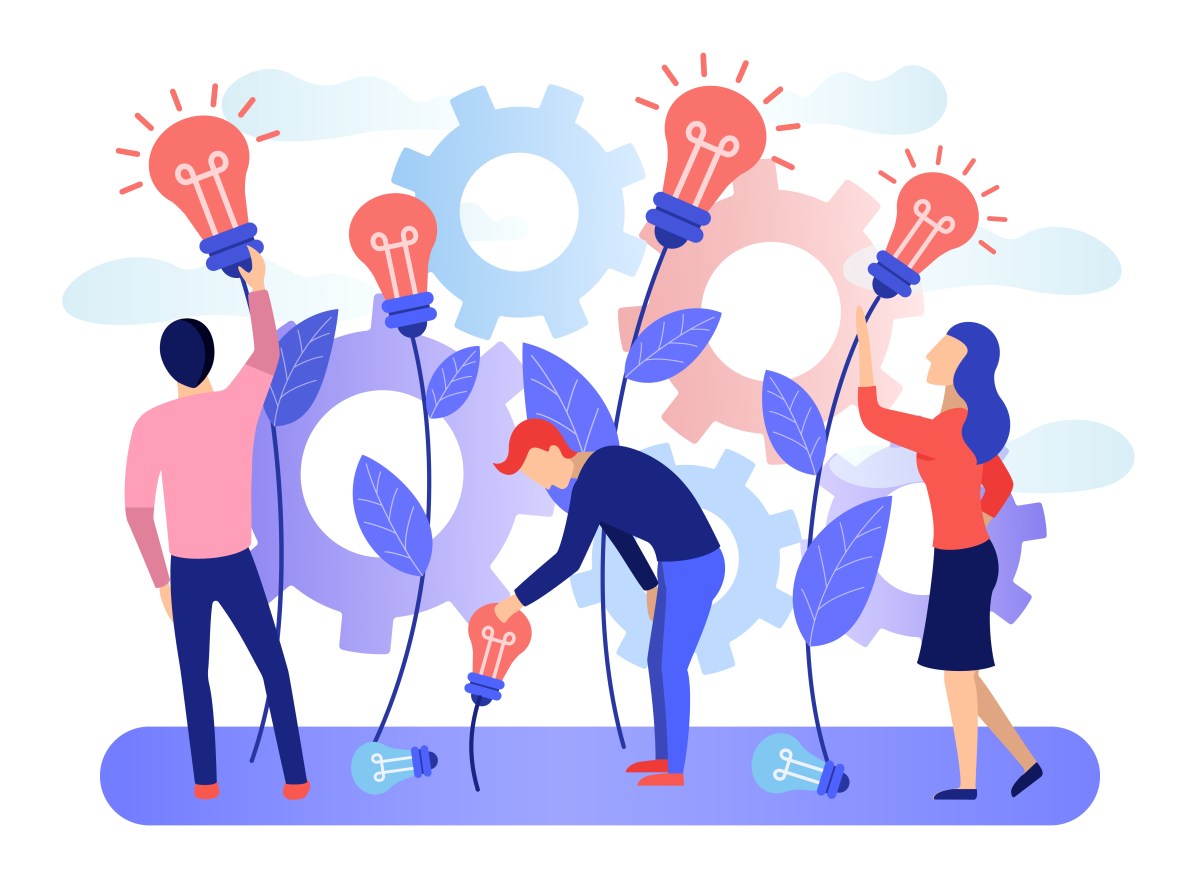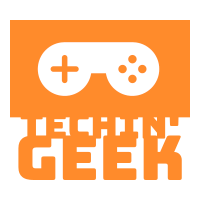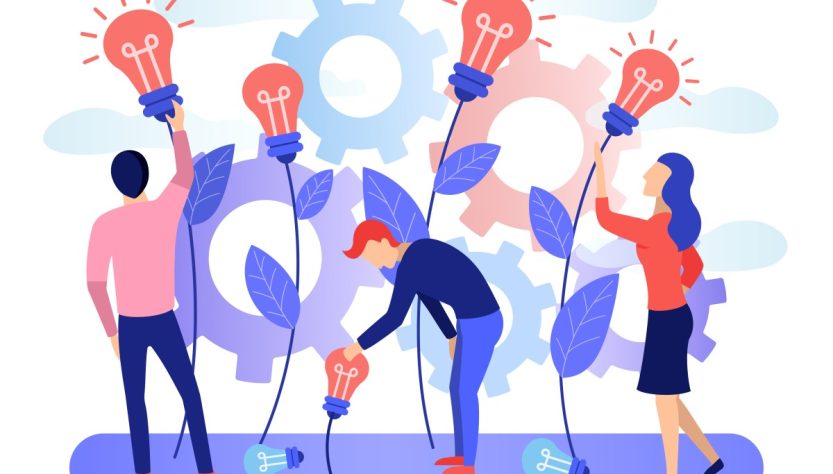
Andy Konwinski voices alarm over the waning U.S. leadership in AI research to China, deeming this transition an “existential” threat to democracy. Konwinski co-founded Databricks and the AI research and venture capital firm Laude.
“If you engage with PhD students at Berkeley and Stanford focusing on AI presently, they’ll mention having encountered twice as many intriguing AI concepts in the past year from Chinese enterprises compared to American ones,” Konwinski remarked during his appearance at the Cerebral Valley AI Summit this week.
Alongside his investments via Laude, the venture fund he established last year with NEA alumnus Pete Sonsini and Antimatter CEO Andrew Krioukov, Konwinski also leads the Laude Institute, an accelerator providing grants to academics.
Prominent AI laboratories such as OpenAI, Meta, and Anthropic continue to make significant advancements, yet their contributions largely remain proprietary rather than open source. Furthermore, these corporations are attracting top academic talent by offering salaries in the millions that exceed what these professionals can earn in academia.
Konwinski contended that for ideas to genuinely thrive, they must be freely shared and debated within the broader academic community. He emphasized that generative AI arose directly from the Transformer architecture, a crucial training technique introduced in a openly accessible research publication.
“The first country to achieve the next breakthrough at the ‘Transformer architectural level’ will possess the upper hand,” Konwinski asserted.
Konwinski points out that in China, government support and encouragement for AI innovation, whether from labs like DeepSeek or Alibaba’s Qwen, promotes open sourcing, permitting others to build on these innovations, which, he argues, will inevitably result in further breakthroughs.
Techcrunch event
San Francisco
|
October 13-15, 2026
He believes this contrasts sharply with the U.S., where, as he describes, “the sharing of knowledge among scientists that we have always experienced in the United States has diminished.”
Konwinski suggests that this phenomenon not only threatens democracy but also poses a business risk to key U.S. AI laboratories. “We’re consuming our own future resources; the source is drying up. Fast-forward five years, the major labs will also be adversely affected,” he stated. “We need to ensure that the United States remains at the forefront and open.”

